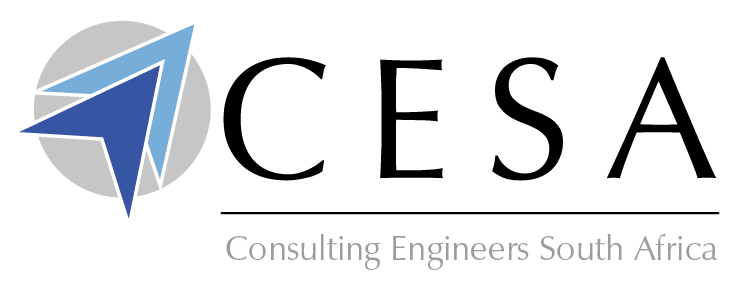CESA Diversity, Equity & Inclusion
Consulting Engineers South Africa (CESA) is firmly committed to fostering diversity, equity, and inclusion within the consulting engineering sector and the broader built environment. Recognizing the value diversity brings, CESA emphasizes that diverse organizations are more effective, innovative, and successful. The organization actively promotes inclusive leadership and collaboration, reflecting South Africa’s national constitutional imperatives as well as key employment equity legislation.
CESA advocates for not just representation but a genuine culture of belonging and equity. It acknowledges that diversity requires ongoing commitment, consistent effort, and buy-in from all levels of an organization to become truly embedded. This commitment is seen as both a moral imperative and a competitive advantage, essential to addressing the unique demographic and behavioral needs of users in the built environment.
CESA also supports economic inclusivity by linking sustainable infrastructure development to job creation, especially in marginalized communities. The organization promotes gender equality, with specific efforts through its Gender Diversity Forum to address barriers and improve gender representation across the engineering profession.
In summary, CESA champions a diverse and inclusive engineering industry that empowers all professionals, fosters collaborative leadership, and contributes to sustainable development in South Africa and the African continent. The journey toward greater diversity and inclusion is ongoing and essential for the future growth and relevance of the sector.
This summary reflects CESA’s strategic approach grounded in national legislation, economic imperatives, and a commitment to social equity and sustainability.
Key Policies & South African Legislation
- CESA Gender Diversity Policy – CESA has a Gender Diversity Forum under its Transformation and Development Committee, focusing on enhancing gender diversity in engineering and embedding equal opportunity practices.
- Employment Equity Act (EEA) – This South African law aims to eliminate unfair discrimination in the workplace and mandates affirmative action to ensure equitable representation of designated groups such as Black people, women, and people with disabilities. Employers must develop Employment Equity Plans with measurable targets.
- Broad-Based Black Economic Empowerment Act (B-BBEE) – This Act promotes economic transformation by empowering historically disadvantaged groups through ownership, management, and procurement preferences, and aligns with employment equity efforts.
- Promotion of Equality and Prevention of Unfair Discrimination Act – This Act prohibits unfair discrimination and supports diversity training and awareness in workplaces.
- CESA Student Diversity, Equity and Inclusion Policy – This policy guides diversity efforts among students and young professionals within the engineering profession.
